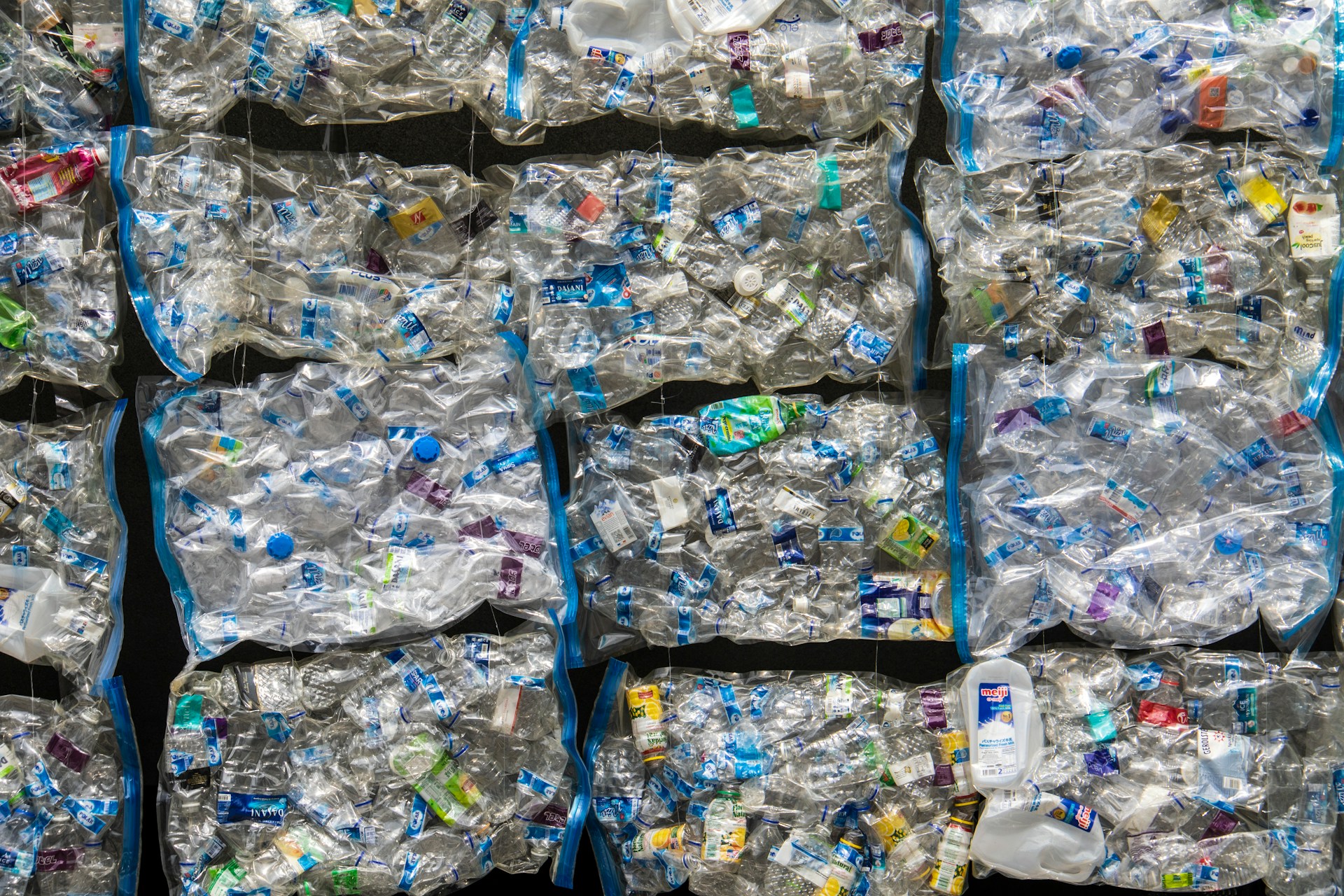At the University of Bayreuth, Professor Alex J. Plajer leads a team that has recently advanced the development of fluorinated polyesters; a class of degradable plastics with enhanced performance and recyclability. Their work, demonstrates that incorporating fluorine into polyester structures can accelerate polymerization, produce longer polymer chains, and allow for targeted molecular modifications, all while enabling recovery of fluorine during recycling.
Fornacon‐Wood, C., Steiner, L., Xu, C., Paulus, B., & Plajer, A. J. (2025). Recoverable Fluorination Accelerates Ring‐Opening Copolymerisation and Enables Post‐Polymerisation‐Modification of Polyesters. Angewandte Chemie International Edition. https://doi.org/10.1002/anie.202515104
Polyesters are widely recognized for their potential in chemical recycling, yet their broader adoption in industrial applications has been limited by their thermal and mechanical properties. Compared to more robust plastics, conventional polyesters are often less stable under heat and mechanical stress, restricting their use. By introducing fluorine atoms into the polymer backbone, Plajer’s team has shown that it is possible to overcome these limitations while maintaining the degradability of the material.
Fluorine’s strong electronegativity plays a central role in this process. According to Professor Plajer, “Fluorine attracts electrons extremely strongly, allowing us to design materials with properties that would be difficult to achieve using other elements.” This characteristic not only facilitates faster polymer chain formation but also allows chains to grow longer and entangle more effectively, which enhances the mechanical strength of the resulting plastic.
Professor Alex J. Plajer from the University of Bayreuth stated,
“Fluorinated polyesters are particularly interesting because fluorine, as the most electronegative element, attracts electrons extremely strongly. This allows us to create materials with fluorine that would be hard to imagine with other elements”.
In addition to improving chain length and mechanical stability, the fluorine atoms in these polyesters can be selectively replaced with other functional groups. This post-polymerization modification allows precise tuning of the material’s properties, enabling applications that require specific thermal, chemical, or mechanical performance. For example, the surface energy, hydrophobicity, and chemical resistance of the polymer can be adjusted for use in coatings, fibers, or filtration membranes.
A further advantage of this approach is its sustainability. The integrated fluorine can be recovered during chemical recycling, providing a reusable resource for the chemical industry. This feature addresses both environmental concerns and the need for cost-effective, circular materials. Unlike some high-performance plastics that degrade into harmful residues or cannot be efficiently recycled, these fluorinated polyesters offer a pathway to materials that combine durability with ecological responsibility.
The research builds on earlier work demonstrating that fluorinated polyesters degrade more readily than conventional polyesters due to the chemical nature of the incorporated fluorine. In the latest study, the Bayreuth team, in collaboration with researchers in Berlin, optimized polymerization conditions to maximize chain length, mechanical robustness, and the efficiency of post-polymerization modification. The results suggest that carefully designed fluorination strategies could enable polyesters to compete with traditionally more robust plastics, while remaining easier to recycle and modify for specialized applications.
From an engineering perspective, the findings highlight how molecular-level design can influence macroscopic material properties. By controlling the chemical composition at the atomic scale, researchers can produce plastics that meet both industrial performance requirements and sustainability goals. This approach is particularly relevant for applications in packaging, textiles, microplastics filtration, and high-performance films, where both durability and environmental impact are important considerations.
Looking ahead, Professor Plajer’s team aims to expand the range of fluorinated monomers and explore new post-polymerization modifications to further tailor material properties. The goal is to create polyesters that not only meet demanding technical standards but also support circular economy principles by enabling efficient chemical recycling and reuse of critical elements like fluorine.
In summary, the work at the University of Bayreuth demonstrates that integrating fluorine into degradable polyesters is more than a chemical curiosity—it is a practical strategy to produce recyclable, high-performance plastics. By combining molecular design with sustainable processing, this research sets the stage for next-generation materials that could reconcile industrial needs with environmental responsibility.

Adrian graduated with a Masters Degree (1st Class Honours) in Chemical Engineering from Chester University along with Harris. His master’s research aimed to develop a standardadised clean water oxygenation transfer procedure to test bubble diffusers that are currently used in the wastewater industry commercial market. He has also undergone placments in both US and China primarely focused within the R&D department and is an associate member of the Institute of Chemical Engineers (IChemE).



